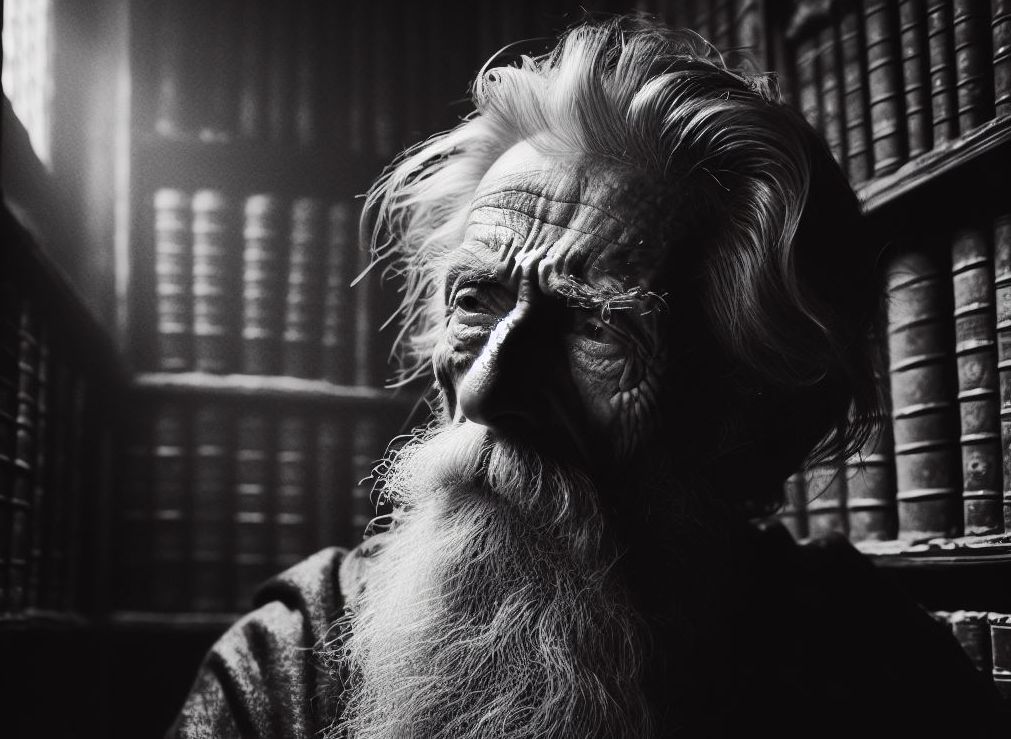-
The pleasures of paradox
Open Forum | August 24, 2024Paradoxes are not just an interesting exercise in speculative philosophy, but can also make us realise that good questions can have more than one answer – or perhaps none.
-
Deep thought
Brian Ball | August 5, 2024The philosopher’s union in Douglas Adam’s “Hitchhikers Guide to the Galaxy” demanded clearly defined areas of doubt and uncertainty when faced with the spectre of super-computer Deep Thought, but then took its advice to clean up on the discussion circuit debating its implications. Nearly 50 years later, fiction is becoming fact.
-
A toast to Pyrrho’s Hog
Matthew Sharpe | July 15, 2024Montaigne was the first essayist, and perhaps the first modern philosopher, who used the different schools of post-platonic Greek thought to turn the lens of philosophy not on the world, but on himself.
-
Philosophy as a way of life
Matthew Sharpe | June 20, 2024The most life-changing books can seem like they have always been there. What they say may seem obvious, once we’ve read them, but that’s only because they’ve reshaped how we look at things.
-
The proper study of man
Matthew Sharpe | June 16, 2024The term ‘humanism’ has meant many things over the ages, and understanding its evolution offers insight into both the history of philosophy and the
-
A curious mind
Matthew Sharpe | June 14, 2024Michel de Montaigne was perhaps the first, and is certainly the greatest, essayist of all. Rather than contemplate the mysteries of the universe, he turned his attention to the human condition, and so remains as pertinent today as he was almost half a millennium ago.
-
Natural philosophy
Open Forum | May 17, 2024Public policy should be based on scientific evidence – but scientists often lament the gap between science and policy, while policy-makers feel that scientists don’t deliver the evidence that is needed, so perhaps philosophical expertise can help close the gap between research and policy.
-
Self determination – or delusion?
Alan Stevenson | April 2, 2024The debate over whether humans have free will is a long-standing and complex issue in philosophy, psychology, and neuroscience. Do we really have free will – and therefore moral responsibility for our actions – or are our choices shaped our genetic makeup and social influences in ways that put them out of our control?
-
Political bees and talking pigs
Julia Kindt | March 15, 2024The differences and similarities between humans and (other) animals fascinated ancient philosophers and story tellers, and are still a point of scientific and moral contention today.
-
The Visionaries
Jen Webb | November 27, 2023“The Visionaries” tells the story of four indomitable women who pursued their their own visions of a truly free and open society at a time of brutal authoritarianism and cataclysmic war.
-
Learning how to live
Oscar Davis | August 22, 2023We all have feelings and questions about the meaning and purpose of our lives, and it is not as simple as picking a side between the Aristotelians, the existentialists, or any of the other moral traditions.
-
Faith in the age of reason
David Hoinski | July 5, 2023Born 400 years ago, philosopher Blaise Pascal was one of the first philosophers to grapple with the role of faith in an age of science and reason













